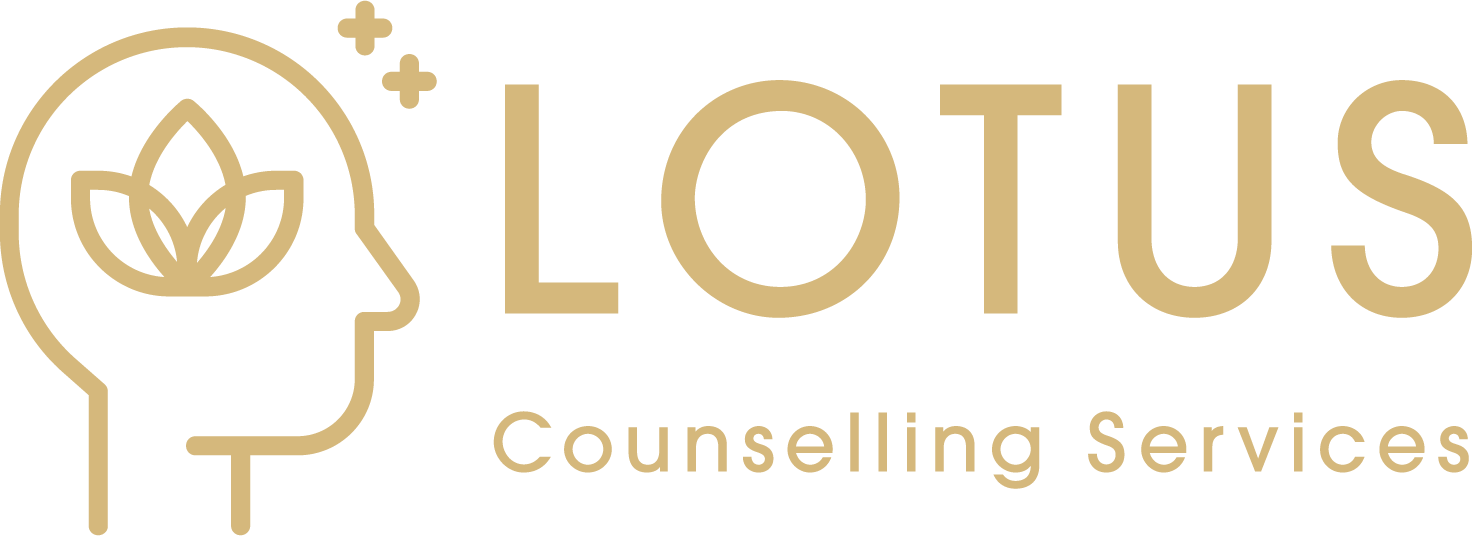Busting Three Common Myths About Worry
Worry is a natural human response to uncertainty and potential threats. While some level of concern can help us prepare for challenges, excessive worry can become overwhelming and counterproductive. Many people hold onto beliefs that reinforce worrying as a useful or necessary habit, but these assumptions often don’t hold up under closer examination.
Let’s break down three common myths about worry and explore the truth behind them.
Myth #1: Worrying Helps You Find Solutions
The Truth: Worrying and problem-solving are not the same.
It’s easy to believe that worrying is a productive way to deal with problems—after all, when we worry, our minds are focused on potential challenges. However, worrying often keeps us stuck in a cycle of anxious thoughts rather than leading to effective solutions.
Research shows that excessive worry activates the brain’s stress response, which can cloud judgment and make it harder to think clearly. True problem-solving involves identifying a challenge, brainstorming solutions, and taking action—not just ruminating on what could go wrong.
Try this instead: When you catch yourself worrying, shift your focus to problem-solving. Ask yourself:
Is this something I can control?
What practical steps can I take to address this?
If there’s no immediate solution, how can I manage my emotions around it?
Taking intentional action helps break the cycle of worry and leads to more effective outcomes.
Myth #2: Worrying Means You Care
The Truth: Caring and worrying are different things.
Many people believe that worrying about someone or something is a sign of love, responsibility, or commitment. While it’s natural to be concerned about loved ones or important aspects of your life, excessive worry doesn’t actually benefit anyone—it can drain your energy, increase stress, and even lead to burnout.
Caring is shown through actions—checking in on a friend, supporting a loved one, or preparing for challenges. Worry, on the other hand, often keeps us in a state of distress without leading to constructive outcomes.
Try this instead: When you feel worry creeping in, ask yourself:
How can I show care through actions rather than anxiety?
What would be a more helpful way to express my concern?
Can I practice mindfulness or relaxation techniques to manage my emotions?
Replacing worry with meaningful action can strengthen relationships and improve well-being.
Myth #3: Worrying Can Prevent Negative Outcomes
The Truth: Worrying does not give you control over the future.
One of the most persistent myths about worry is that it serves as a protective mechanism—that by anticipating the worst, we can prevent bad things from happening. In reality, worrying does not influence future events; it only affects our present emotional state.
While it’s important to be aware of risks and prepare for challenges, constant worry can make life feel more stressful than it needs to be. It can also create a false sense of control, leading us to believe that if we stop worrying, something bad will happen. This is a cognitive distortion, not reality.
Try this instead:
Acknowledge that uncertainty is a natural part of life.
Try to focus on what you can control and let go of what you cannot.
Use grounding techniques, such as deep breathing or meditation, to bring yourself back in the moment.
By releasing the belief that worry can change the future, you can free yourself from unnecessary stress and embrace a healthier mindset.
Final Thoughts
Worry can feel like an unavoidable part of life, but it doesn’t have to control your thoughts and emotions. By recognizing and challenging these common myths, you can develop healthier ways to manage anxiety and focus on actions that truly make a difference.
If you find yourself struggling with excessive worry, therapy can provide helpful tools and strategies to regain a sense of balance. At Lotus Counselling, we offer compassionate support to help you navigate anxiety and develop healthier coping mechanisms. Reach out to us today for a free 15-minute consultation—because you deserve peace of mind.

